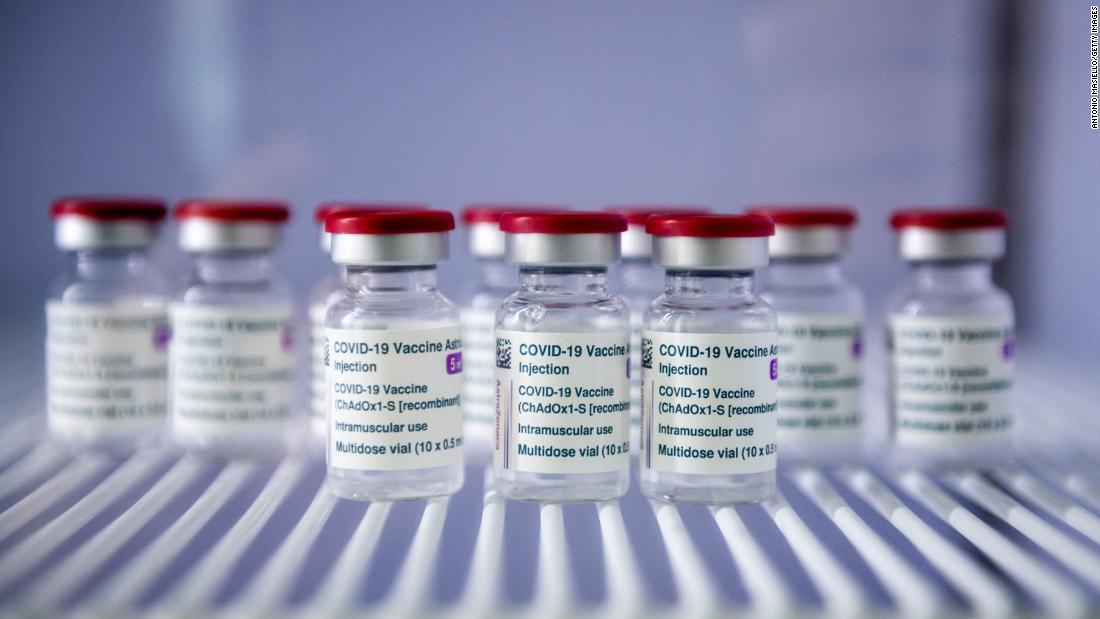Italian Prime Minister Mario Draghi’s spokeswoman Paola Ansuini confirmed the transfer to CNN, adding that Italy and the European Commission agreed to the action. This is the first time that such EU measures have been used.
The story was first reported by the Financial Times.
In late January, a public and fierce fight broke out between the EU and AstraZeneca over vaccine delays, after the company informed the bloc that it would deliver tens of millions of doses less than agreed by the end of March.
Subsequently, the European Commission adopted new measures giving member states the power to restrict the export of Covid-19 vaccines outside the bloc, in certain situations. The mechanism should not affect humanitarian aid or COVAX, the global initiative that aims to distribute around 2 billion vaccines to the poorest countries.
The vaccine launch from the 27-nation bloc continued to falter, forcing some increasingly frustrated member states to turn to other nations for assistance. Only 5.5% of the EU’s 447 million population received the first dose of the vaccine, according to data from the World Health Organization (WHO).
On Thursday, Italy’s Ministry of Foreign Affairs explained its decision to prevent AstraZeneca from exporting its vaccine, citing the company’s delays in delivering its vaccine to Italy and the European Union, and noting that Australia is not considered a “vulnerable” nation by the EU.
According to the ministry’s statement, Italy had already authorized the company’s export of “modest quantities of samples intended for scientific research activities”, but signaled the consignment in question for involving 250,700 doses.
The statement cited “the high number of doses of vaccines subject to the application for export authorization compared to the number of doses supplied to Italy and, more generally, to EU countries so far.”
AstraZeneca declined to comment on the Italian decision.
The European Commission “did not object” to Italy’s decision to impose a ban on the export of vaccines to Australia, an EU official told CNN on Thursday.
The official is closely involved in business processes within the Commission, but is not authorized to speak officially about closed-door meetings or business documents between the Commission and the member states of the European Union.
According to EU procedures, a company that wishes to export vaccines from an EU member state must notify the member state. The member state checks the export criteria and makes a preliminary decision on whether or not to approve the export. European commissioners then have a working day to approve, amend or reject the Member State’s decision. The member state must follow the Commission’s decision.
The EU official told CNN that EU member states approved 174 vaccine export authorization applications during the period from January 30 to March 1, 2021.
“Exports refer to the following export destinations: Argentina, Australia, Bahrain, Canada, Chile, China, Colombia, Costa Rica, Dominican Republic, Ecuador, Hong Kong, Japan, Kuwait, Macau, Malaysia, Mexico, New Zealand, Oman, Panama, Peru, Philippines, Qatar, Republic of Korea, Saudi Arabia, Singapore, South Africa, United Arab Emirates, United Kingdom, United States and Uruguay, “said the official.
Nicola Ruotolo reported from Rome, James Frater reported from London and Zamira Rahim wrote in London.
